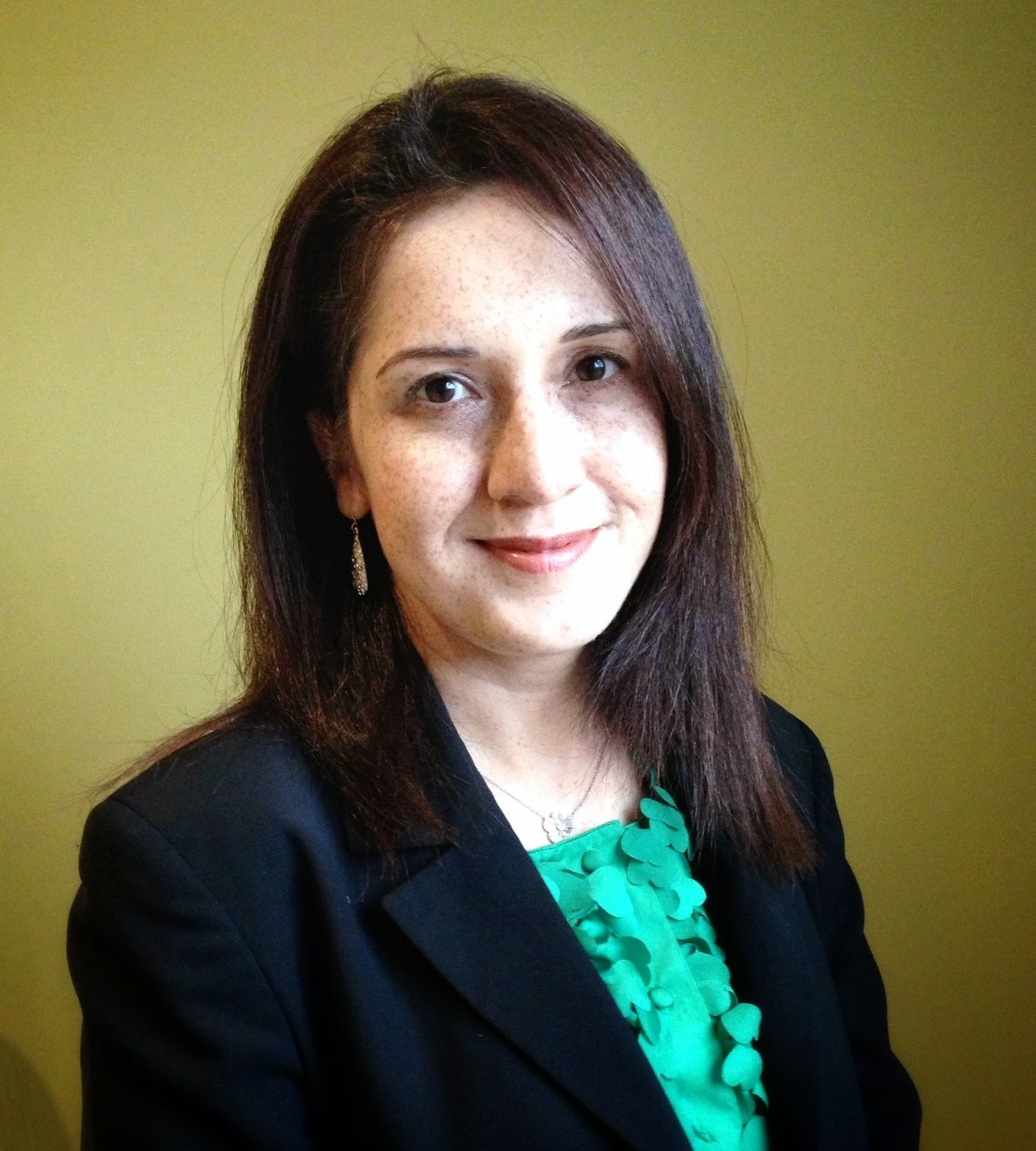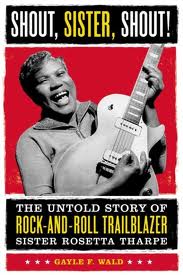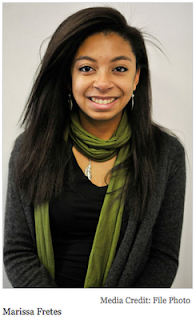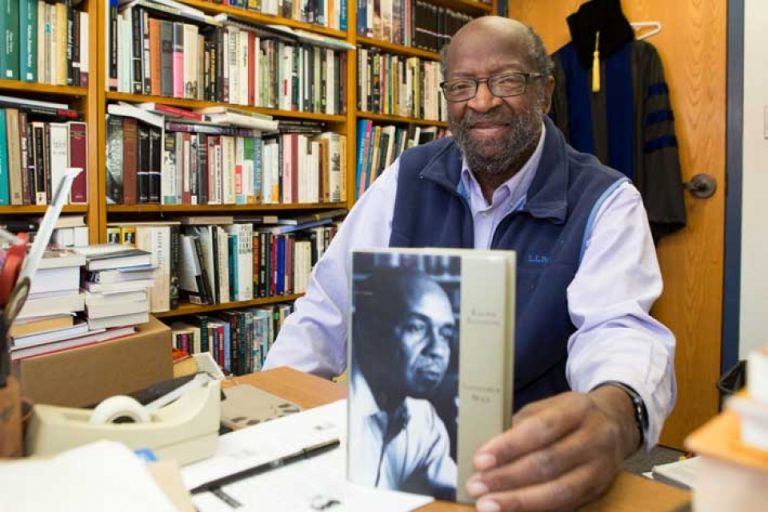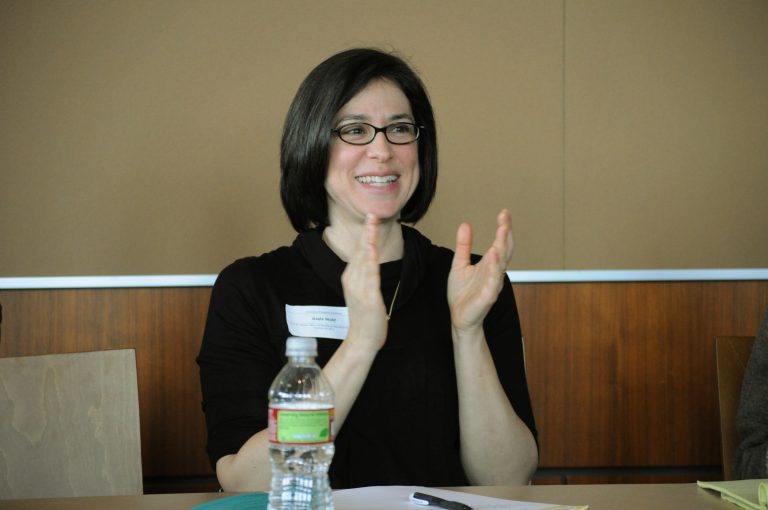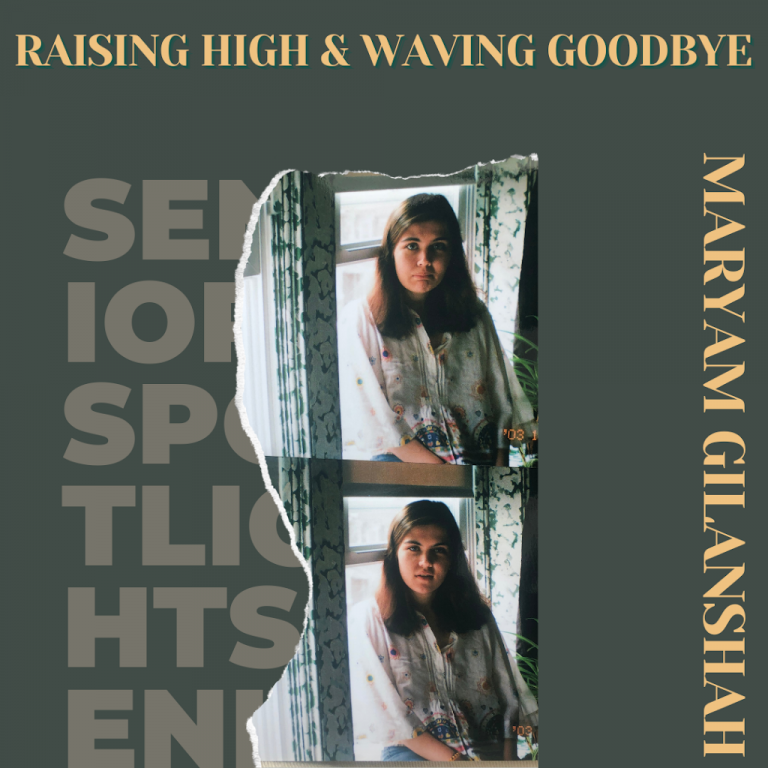Professor Kavita Daiya Speaks at the State Department’s Institute for Foreign Services
 |
| GW English Professor Kavita Daiya |
Prof. Kavita Daiya, who teaches postcolonial and South Asian American Literature and Cinema in the department recently was invited to give a talk at the State Department’s Institute for Foreign Services. She is the author of
Violent Belongings: Partition,Gender and National Culture in Postcolonial India (Temple UP, 2008; Delhi: Yoda Press, 2013). As her research focuses on questions about violence, gender and nationalism in India and South Asia, she has often being invited to speak on South Asia
related issues there. In this most recent lecture, Prof. Daiya spoke about how women were represented in colonial India in British and Indian cultural discourses; she then explained how this history informs some contemporary problems for women around discrimination, violence and access to equal rights in contemporary India as well as in its neighbors like Pakistan, Bangladesh, and Sri Lanka. The talk touched upon questions about sati and the idealization of motherhood, as well as on violence against women in moments of ethnic conflict like the 1947 Partition and Godhra 2002, rape culture and rape laws in the subcontinent, women’s education and development practices, secularism and legal representation, indigenous representations of women’s agency and marriage, and the impact of globalization on women’s lives in India.
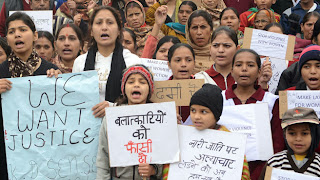 Prof. Daiya’s multimedia presentation engaged literature by noted writers like Bapsi Sidhwa, Bhishan Sahni, and Amrita Pritam, and films by Rahul Dholakia and Rakesh Sharma, alongside the social scientific work of scholars like economist Amartya Sen, historians Ritu Menon and Kamala Bhasin, and sociologist Saskia Sassen, among others. She discussed relevant literary accounts and film clips alongside social scientific data; as a result, she was able to emphasize the importance of cultural representations in shaping how South Asian women were historically able to access equal rights in state and local institutions.
Prof. Daiya’s multimedia presentation engaged literature by noted writers like Bapsi Sidhwa, Bhishan Sahni, and Amrita Pritam, and films by Rahul Dholakia and Rakesh Sharma, alongside the social scientific work of scholars like economist Amartya Sen, historians Ritu Menon and Kamala Bhasin, and sociologist Saskia Sassen, among others. She discussed relevant literary accounts and film clips alongside social scientific data; as a result, she was able to emphasize the importance of cultural representations in shaping how South Asian women were historically able to access equal rights in state and local institutions. 
